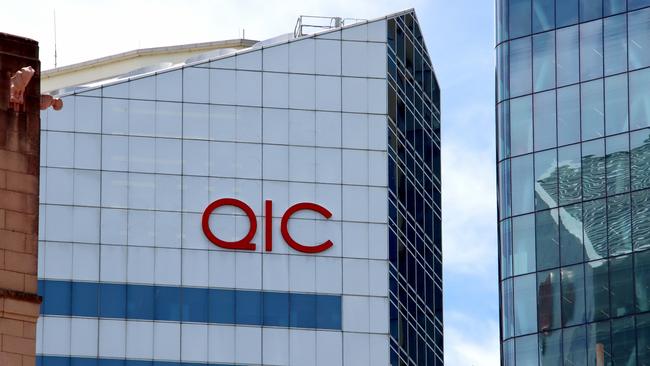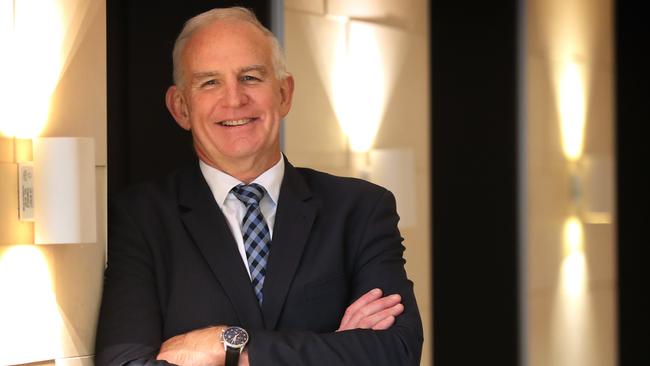QIC takes $400m property hit
The state-owned Queensland Investment Corporation’s property portfolio has slumped $400m, with insiders saying it represents the third consecutive year of falls.

Queensland Investment Corporation’s property portfolio is still taking a hit in the post-Covid-19 world.
QIC’s recently released annual report shows assets under management at its real estate holdings fell by $400m over the financial year to $16.4bn.
Our QIC spy tells us this represents the third consecutive year of falls, with a decline of $5.6bn, or 25 per cent, over the past four years from $22bn.
Our spy tells us the assets impacted are mostly Brisbane offices and Australian and US shopping centres that have suffered from negative revaluations and client outflows. Queensland Treasury Corporation’s annual report also shows losses of $1.7bn in property through its QIC managed State Investment Operations (SIO) between 2019 and 2022, although our source tells us any losses in real estate have been hidden this year through an accounting ‘reclassification’ of an infrastructure asset into real estate.
“The numbers provided suggest a 7 per cent return for real estate,” the source tells us. “This is despite commercial real estate valuations (office, retail etc) coming under significant pressure with negative returns in Australia and the US.”
A QIC spokesperson counters that the changes to the value of property assets relate to a “mix of revaluations, and importantly, divestments of non-core assets and landholdings.”
QIC says this has been executed in line with its investor endorsed strategy and active management approach. “If the total number of assets we own and manage on behalf of investors fluctuates our total portfolio value also varies,” a QIC spokesperson says.
“QIC has an enviable high-quality portfolio of town centre assets which have proven their resilience throughout market events like Covid, evidenced by near full tenant occupancy rates and resilient consumer sales.”

City Beat readers will recall that in early 2020, QIC reorganised part of its operations to reflect “emerging market demand and trends” but denied the changes were related to its investments in the troubled US retail sector.
It said the changes followed an internal review to orient the business along its different client lines, namely the State Government and superannuation funds.
A number of executives had left the organisation at the time,
QIC chief executive Kylie Rampa in this year’s annual report said the state’s investment flagship had been faced with challenging market conditions and had “worked closely with our clients to ensure their investment objectives and liquidity requirements were achieved.”
She points out QIC delivered significant earnings over the year including approximately $4.1bn for Queensland Government clients.
“Notable performance highlights include a strong investment performance, with approximately 80 per cent of QIC funds outperforming on a funds under management weighted basis,” she wrote.
The former Lendlease executive took the top job at QIC last year replacing Damien Frawley but it has not all been smooth sailing.
Earlier this year QIC wrote down its investments in its holdings of Credit Suisse AT1 bonds to zero after the implosion of the Swiss banking giant.
Its investment in financially-struggling Thames Water also has been a drag.
Despite the headwinds QIC is pressing ahead with big investment in commercial property in Brisbane.
QIC earlier this year submitted plans for a $750m office, retail and dining tower in Albert St opposite the Albert Street Cross River Rail station.
The station will be the first Brisbane CBD train station built in over 120 years, with QIC proposing a Queensland-style, 40-storey “vertical village” for the more than 67,000 commuters who are expected to use the station each weekday by 2036.




